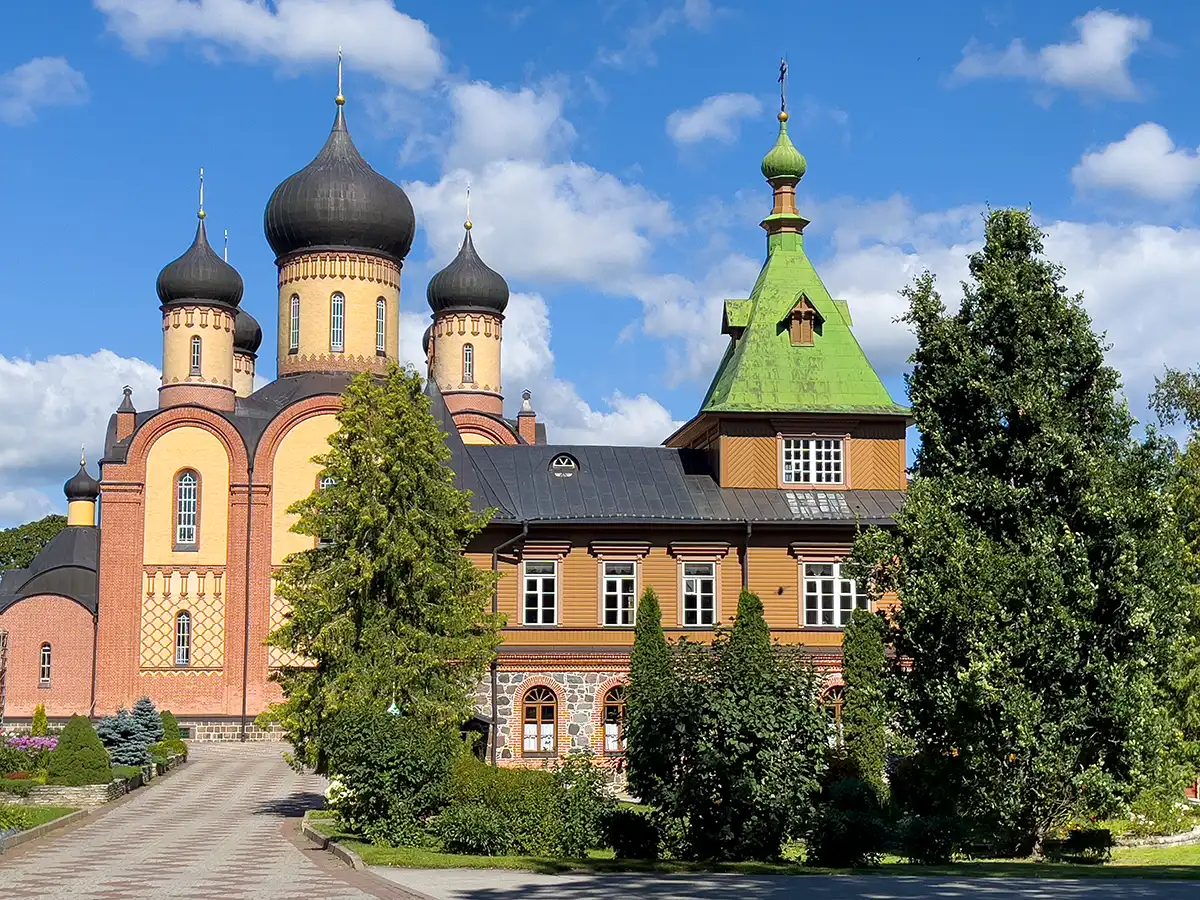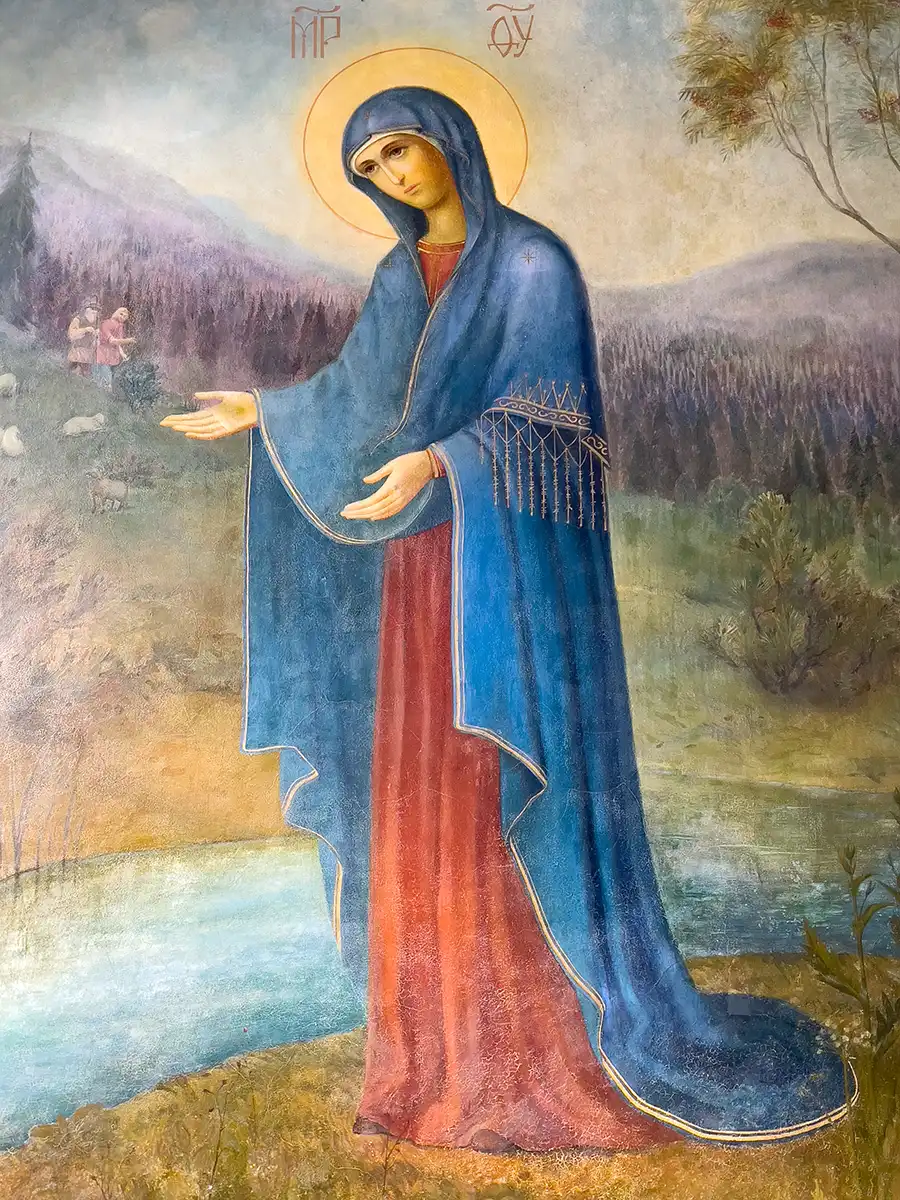Sacred Sites of Estonia
Estonia: Land of Ancient Forests and Spiritual Traditions
Estonia, a country with a rich history and a deep connection to nature, is home to numerous sacred sites that reflect its unique blend of pagan, Christian, and modern spiritual beliefs. From ancient forests and holy wells to medieval churches and monasteries, Estonia offers a captivating journey through time and faith.
Pühtitsa Dormition Convent, Kuremäe
The Pühtitsa Dormition Convent is the only functioning Orthodox nunnery in Estonia. Located in the picturesque village of Kuremäe, it's a place of tranquility and devotion for Orthodox Christians. The convent is known for its beautiful architecture, peaceful atmosphere, and spiritual significance.
St Mary's Cathedral in Tallinn
St Mary's Cathedral, also known as Toomkirik, is the oldest church in Tallinn and the only surviving medieval church in the city. This Lutheran cathedral is an architectural gem, featuring elements of Gothic and Baroque styles, and houses historical tombs of notable figures.
St Paul and St Peter's Cathedral in Tallinn
St Paul and St Peter's Cathedral is a significant Orthodox cathedral located in Tallinn's Old Town. It is an important religious center for the Orthodox Christian community in Estonia and boasts beautiful architecture and icons.
The Ruins of St Mary's Chapel in Viru-Nigula
The ruins of St Mary's Chapel in Viru-Nigula are a poignant reminder of Estonia's religious history. While not a functioning church, the remains of this medieval chapel offer a glimpse into the past and a place for reflection.
Taevaskoda
Taevaskoda is a sacred natural site located in the Ahja River Valley. It is known for its sandstone cliffs, caves, and ancient forests, considered sacred by Estonian nature religion practitioners.
Peko Hill
Peko Hill, located in southeastern Estonia, is a sacred site for the Seto people, an indigenous Finnic ethnic group. A wooden statue of Peko, a traditional Seto god, stands atop the hill, symbolizing the connection between nature and spirituality.
The Emujärv Lake
Emujärv Lake, situated in southern Estonia, is a sacred lake considered to be the home of a water spirit in Estonian mythology. It is a place of pilgrimage and ritual for those who follow traditional Estonian beliefs.
The Tamme-Lauri Oak
The Tamme-Lauri Oak is an ancient oak tree located in Urvaste Parish. Believed to be over 700 years old, it is considered a sacred tree and a symbol of strength and endurance in Estonian folklore.
Note:
Estonia has a rich and diverse spiritual landscape, with sacred sites reflecting a mix of ancient pagan traditions, Christian heritage, and modern religious practices. This list is just a starting point for exploring the many sacred places found throughout this beautiful country.

Martin Gray is a cultural anthropologist, writer and photographer specializing in the study of pilgrimage traditions and sacred sites around the world. During a 40 year period he has visited more than 2000 pilgrimage places in 160 countries. The World Pilgrimage Guide at sacredsites.com is the most comprehensive source of information on this subject.


